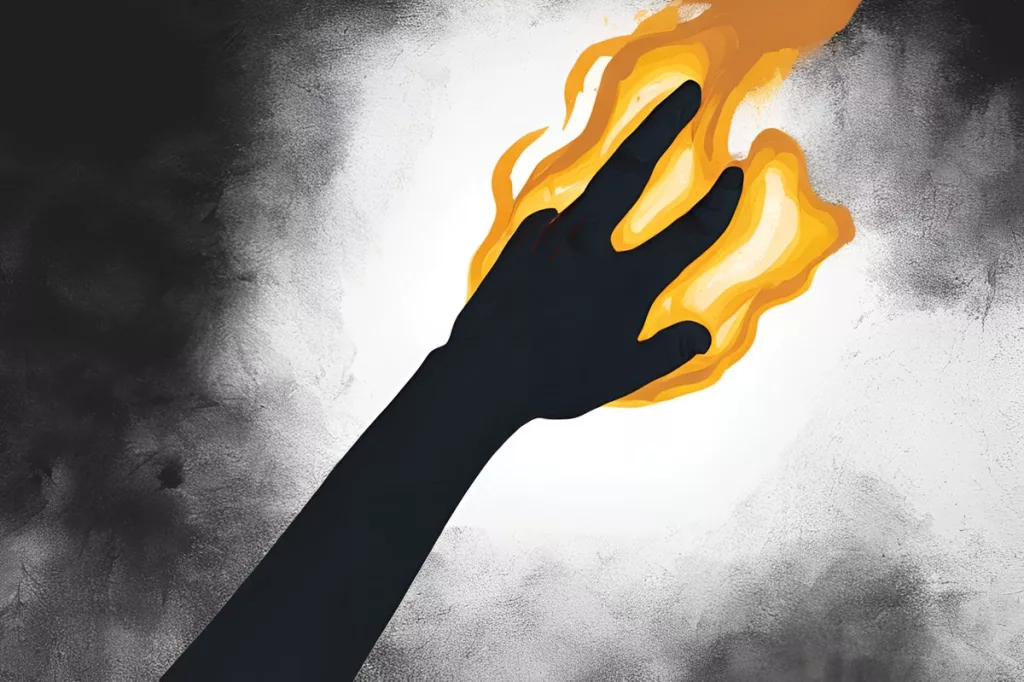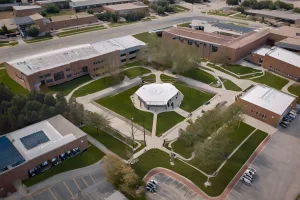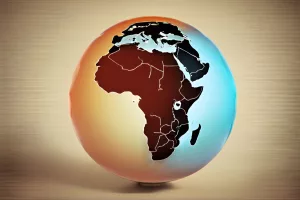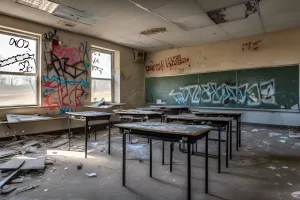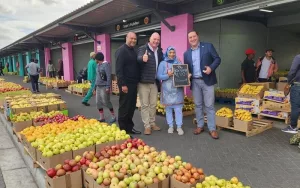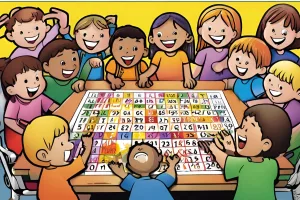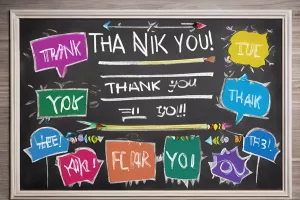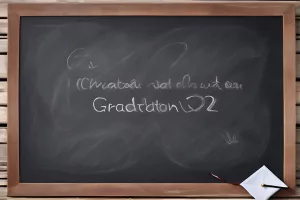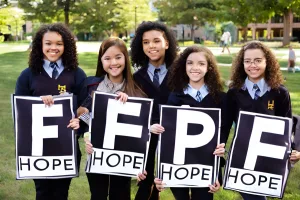The University of Cape Town’s Council has taken a bold stand in the Gaza conflict by adopting two resolutions that showcase their commitment to peace and justice. The first resolution calls for an immediate ceasefire and the protection of academic freedom, while the second prohibits UCT academics from associating with any research group or network linked to the Israeli military. These resolutions bring attention to the devastating effects of conflict on education and the importance of rebuilding intellectual capital. The university’s actions hold significant importance in a world where violence often drowns out the voices of reason, serving as a beacon of hope for peace.
The launch of the Balfour Campus for Gert Sibande TVET College marks a new era in accessible, highquality education in South Africa. The ultramodern facility is a symbol of the nation’s commitment to delivering the best to its young generations and overcoming past struggles in the TVET College sector. Its construction, worth approximately R150,000,000, offers diverse programs to meet the needs of an evolving economy, and it stands as a beacon of hope and a hub of opportunities for students in the Gert Sibande District.
Africa Day celebrates the establishment of the African Union and represents a time for reflection on Africa’s journey to political freedom. The theme of the 2024 Africa Day was “Educate an African fit for the 21st Century,” emphasizing the importance of robust education systems and inclusive learning for the continent’s growth. The AU’s Agenda 2063 also highlights the need for education to enhance the quality of life and wellbeing of all citizens. Additionally, the Parliament expressed concern about ongoing conflicts in Africa and emphasized the vital role of peacekeeping in promoting socioeconomic growth.
Uitzig Secondary School in Cape Town, South Africa, was systematically stolen, piece by piece, until only its foundation was left standing. The thieves stole everything from construction materials and plumbing to electrical installations and furniture. This larceny highlights the need for community vigilance and effective law enforcement to combat rising crime rates in public schools in the region. The story of Uitzig Secondary serves as a powerful reminder of the ongoing socioeconomic issues that persist in certain parts of the world and the need for substantial support and resources for those battling addiction.
The Food and Beverages Graduation ceremony in Mbombela celebrates the success of 81 graduates in the training program, marking the start of their bright and promising future. The joint endeavor by diverse stakeholders has proven pivotal to tackling the skills deficit in the hospitality and food and beverages domains. Education is a vital component of national development strategy, generating jobs, enhancing health facilities, and meeting other necessities. The Tourism Sector Recovery Plan aims to ensure longterm sustainability in collaboration with its stakeholders.
Cape Town is investing in its informal economy by improving trading spaces with enhancements such as asphalt coating, pavers, and gazebo hooks. Major infrastructural projects are underway, including a container market and Traders Support Services Centre. The city proposes dedicated business training workshops to strengthen local entrepreneurs’ commercial prowess. Cape Town’s approach showcases how cities can develop inclusive, resilient, and dynamic economies.
The launch of the Ikhala TVET College’s engineering campus is a major milestone for South Africa’s education system. The government invested R221m to expand the country’s educational infrastructure and provide opportunities for socioeconomically disadvantaged youth. The campus will also offer workplace training through partnerships with local businesses and municipalities. The inauguration marks a new chapter in education and a bright future for young individuals in the Joe Gqabi district.
A recent controversy over racial stereotypes at Curro Holdings, a prominent player in South Africa’s education sector, has highlighted ongoing struggles in creating an inclusive and diverse environment. The institution’s swift response to address the situation and reaffirm its commitment to diversity and nonracialism underscores the need for continuous dialogue and education on racial sensitivity and inclusiveness in South Africa’s educational community. Despite persistent challenges, institutions like Curro Holdings have an opportunity to reflect, learn, and take proactive measures to foster an inclusive and diverse atmosphere reflective of South Africa’s socially diverse and vibrant character.
Bingo, the antilitter mascot of the City of Cape Town, has been visiting schools to spread the message of antilittering and correct waste disposal. Bingo’s interactive method has been successful in engaging children and encouraging their passion for preserving the environment. The City officials believe that this initiative can redirect future generations from the prevailing trend of littering and dumping rampant in several communities. Schools are motivated to schedule a visit from Bingo, highlighting the potential of using novel methods to communicate essential social and environmental messages.
Former Springbok player Kobus Wiese caused controversy by announcing a ‘gender swap’ day at a South African school, where boys would dress in girls’ clothes and girls would dress in boys’ clothes. The announcement provoked skepticism and disbelief, with some questioning whether it was a prank. The initiative raises questions about traditional gender norms and their role in education in South Africa.
Miss Erasmus, a life science educator in Cape Town, transformed her classroom into a lively, captivating learning environment with her own resources and unwavering determination. Her transformation showcases the power of individual initiative and the transformative potential of education in creating an ambiance that promotes learning and development. Miss Erasmus’s commitment and dedication serve as a powerful reminder of the transformative influence teachers possess in shaping the educational terrain and creating a brighter future for their students.
The role of teachers in knowledgebased economies is vital for the future. South Africa’s shift from apartheid to democracy marked a new era for education, but reform is not without obstacles. Teacher development is a multistep process towards professionalization, including initial teacher education and ongoing professional development. Investing in teacher development is an investment in the future, and South Africa has synchronized its educational strategies with global commitments to provide inclusive, equitable quality education for all.
Miss South Africa 2023, Natasha Joubert, has provided scholarships for 31 financially disadvantaged students to study at Boston City Campus through her initiative, the Natasha Joubert Collective Education Bursary programme. Joubert’s personal connection with the students, having been in a similar situation herself, led to her dedication to uplifting others. Her decision to grant scholarships to all 31 students challenges the established order and highlights the impact that individuals can make.
The Recognition of Prior Learning (RPL) Graduation Event celebrated the achievements of individuals who earned qualifications based on prior learning and experience. Esteemed individuals such as Mr. Fish Mahlalela and Chef Fatima Stanley graced the event, which embodied South Africa’s commitment to democratic principles. The RPL program plays a vital role in the country’s skills development strategy and promotes career growth in the tourism sector. With a skilled workforce ready to shape it, the future of the tourism sector in the country looks bright.
Stephen Price’s arrival at Lotus High, a school in Grassy Park with a low academic performance and a demoralized staff, marked the beginning of a journey of transformation. He identified students who needed extra help and instilled a sense of selfbelief among them, resulting in a significant increase in the matric pass rate, from 32% to 65%. Price’s positive approach, coupled with infrastructure improvements, serves as an inspiring narrative of hope and the transformative power of education.
A groundbreaking study at the University of Cape Town (UCT) explores the intersection of artificial intelligence (AI) and education, using ChatGPT to create an orthopaedics textbook with medical students. This approach not only enhances students’ digital literacy skills but also fosters a sense of ownership and participation in their education. The study also highlights the need for inclusive and diverse AIgenerated content and emphasizes the transformative potential of AI in education. UCT’s innovative research opens up new possibilities for enriched learning environments through the integration of technology and teamwork.

